Traditionally on opposite sides of the conflict in the Middle East, Bassam Aramin, a Palestinian Muslim, and Rami Elhanan, an Israeli Jew, have tragically lost their daughters to violence in the region. Instead of seeking revenge, they chose the path of friendship, promoting peace and reconciliation.
Bassam Aramin, a Palestinian Muslim, and Rami Elhanan, an Israeli Jew, lost their daughters in the conflict in the Middle East.
Both live in Israel, where many people might expect them to behave like enemies after such a tragedy.
However, instead of seeking revenge, Bassam and Rami chose a different path: peace and friendship.
An Israeli police officer shot Bassam’s daughter Abir, fatally wounding her at the age of 10. Rami’s daughter Smadar was killed in a Hamas suicide bombing at the age of 14.
They say the “unbearable pain” led them to establish an inseparable friendship between “siblings” – how they define their relationship.
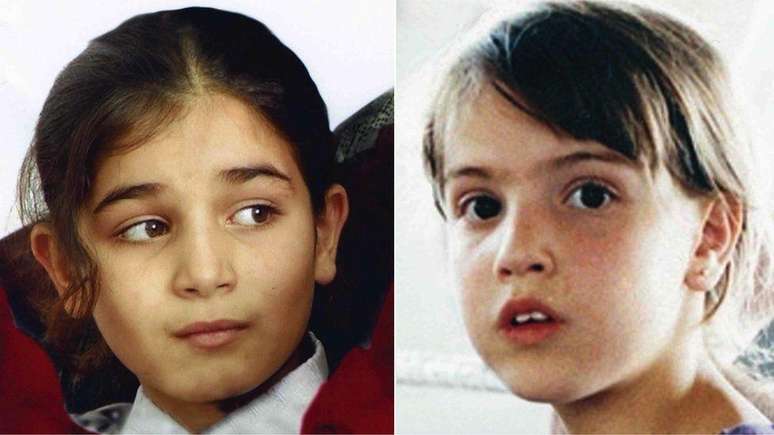
“We’re not animals and we can use our heads. And you start wondering: Will killing someone bring my daughter back?” Rami says.
“Even if I kill the rest of the Jewish population on Earth – not just the Israelis – you will never see my daughter again,” Bassam says.
Parents group
After their daughters were killed, both parents joined the Parents’ Circle Family Forum, a peace and reconciliation group for people who have lost their children in the conflict.
Rami, who was a soldier in the Israeli army, sees Bassam as a leader.
“He is the closest person to me on Earth… We don’t need words to understand each other… I admire him. I draw some strength from him,” Rami told the BBC.
Bassam, who as a young man was arrested for throwing a hand grenade at Israelis, now treats Rami as if he were his brother.
“We are brothers. Our relationship is above conflict because we share the same kind of values. We care about human beings, we care about civilians, we care about democracy and freedom,” Bassam told the BBC.
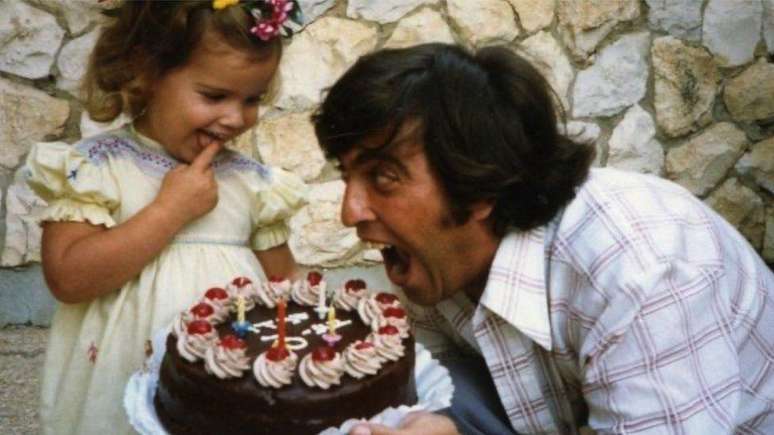
“Cycle of Violence”
Israel has been bombing Gaza since Hamas attacks on October 7, which the Israeli government says have killed 1,400 people in Israel, with at least 239 others taken hostage.
The Hamas-led Health Ministry says more than 10,000 Palestinians have been killed since the Israeli retaliation began.
It’s a continuation of the decades-long “cycle of violence,” as the two call the ongoing conflict.
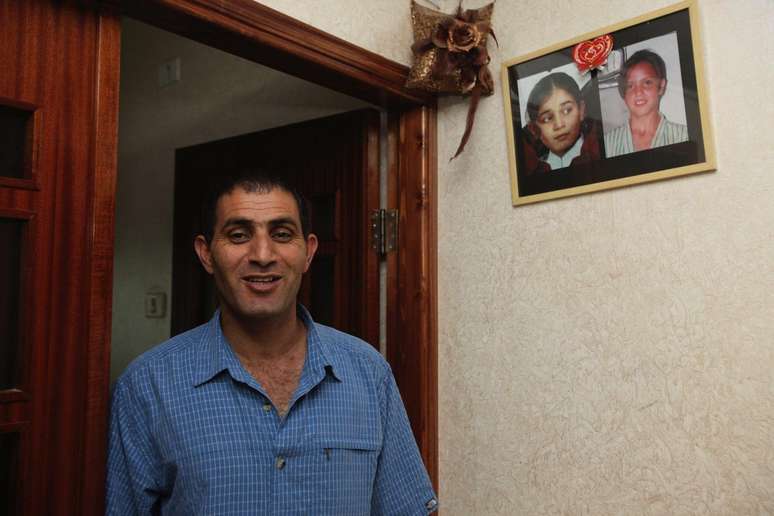
Smadar’s death
It was September 4, 1997. Smadar was shopping with friends in Jerusalem when the bomb exploded.
Rami and his wife Nurit spent hours desperately searching for their daughter. “She goes from hospital to hospital, from police station to police station,” Rami recalls.
“Until finally, later that night, you find yourself in the morgue and that’s it. You have a vision that you can never, ever forget for the rest of your life.”
“The anger is unbearable. And the main thing about this pain is that it never goes away. It is with you 59 seconds every minute.”
Rami and Bassam met for the first time in 2005, at a meeting of Fighters for Peace, an organization of former fighters from both sides, all seeking peace.
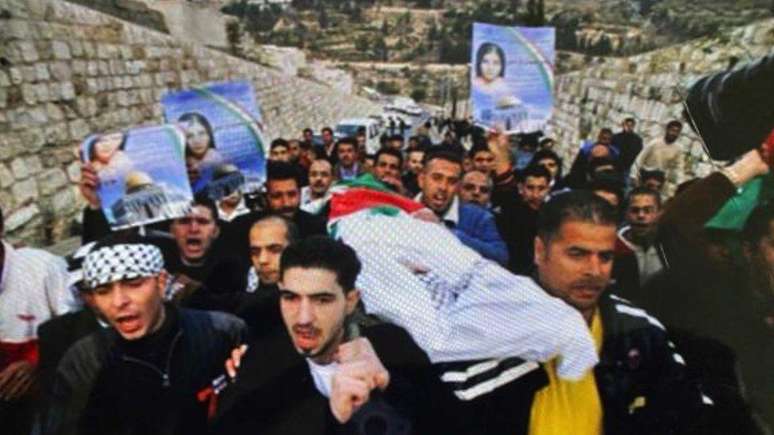
Abir’s death
On January 6, 2007, Bassam’s 10-year-old daughter, Abir, was seriously injured when a rubber bullet fired by an Israeli border officer hit her outside her school in the West Bank.
He died two days later in hospital.
“I feel angry, and I still do today, because we are all human beings and it is natural to feel angry,” Bassam said.
“Revenge won’t ease your pain”
“But I believe and know that revenge is not the answer. It will not bring my daughter back.”
Rami and his wife were with Bassam and his family at the hospital, representing the Parents’ Club.
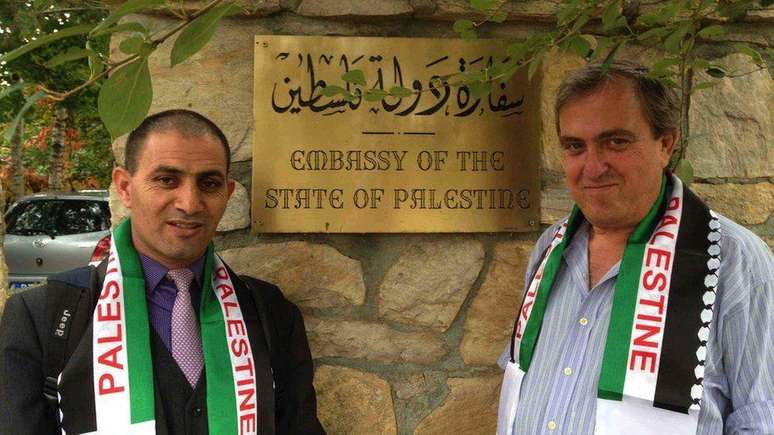
“For me it was like losing my daughter for the second time,” Rami said.
Two days later, Bassam also joined the Parents’ Circle.
Breaking the “cycle of violence”
Bassam and Rami now speak at rallies and conferences as a team.
“If there was no occupation, we wouldn’t need to kill each other. We don’t need to fight each other and it’s wave, after wave, after wave. It’s a sea of blood. Enough,” Bassam said, in reference to the formation of the State of Israel.
Unusually for an Israeli Jew, Rami also refers to the “occupation” when asked about the Parents’ Circle’s role in reducing the conflict.
“The abnormal situation is the domination of one people over another. The abnormal situation is the Israeli occupation. We have lost our children to this situation and we must change it.”
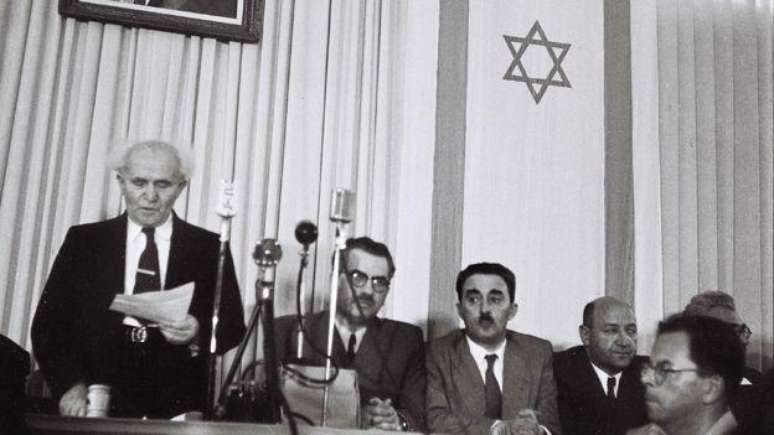
The pair speaks to young people, including high school students from both sides.
As Rami describes it, it’s like “entering the open mouth of an active volcano… There’s a sea of blood inside these two people, so much emotion.”
“And the response is incredible. Sometimes they can be very, very difficult, you know, accusations, sometimes [palavrões], sometimes aggressive. But at the end of the lesson, [mesmo que] there is only one child who nods to accept this message, it’s a miracle. We saved a drop of blood. You know, in Judaism a drop of blood is the whole world.”
Pardon
Following the recent Hamas attack and Israeli retaliation, Rami said discussing peace is particularly challenging. “The atmosphere is very heavy.”
He told the BBC he receives a lot of hate mail.
“Hamas cannot be eliminated like a fly, like a mosquito. Hamas is an idea. We need to drain the swamp instead of killing mosquitoes,” says Rami.
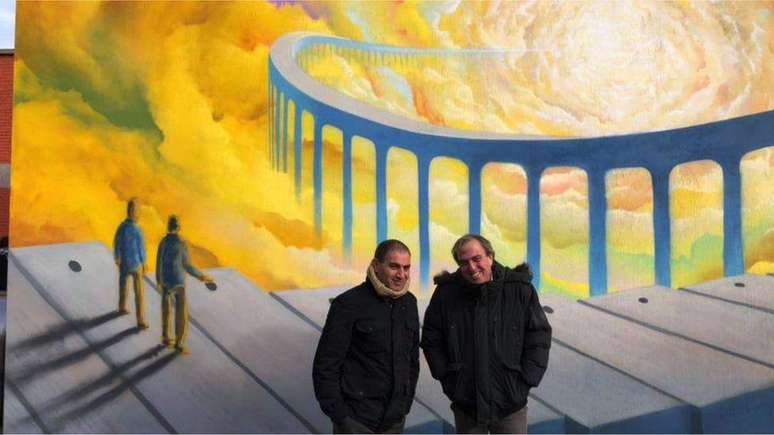
Lasting peace
Both parents hope to see lasting peace in their lifetime.
“I met my daughter’s killer in court. I call him the victim. I told him… ‘You didn’t kill the enemy or terrorists; you just killed an innocent 10-year-old girl,'” Bassam said.
“He is a victim of his upbringing, of his narrative, of his history.”
His message is not just for Israelis and Palestinians, but for all those involved in conflicts and wars around the world.
“When you free yourself from this hatred, from this revenge, you become a free man. No one can occupy you and you have no enemies to conquer. On the contrary, I am not a coward. I will take revenge without any mercy, but what will you change? Nothing.”
Source: Terra
Rose James is a Gossipify movie and series reviewer known for her in-depth analysis and unique perspective on the latest releases. With a background in film studies, she provides engaging and informative reviews, and keeps readers up to date with industry trends and emerging talents.

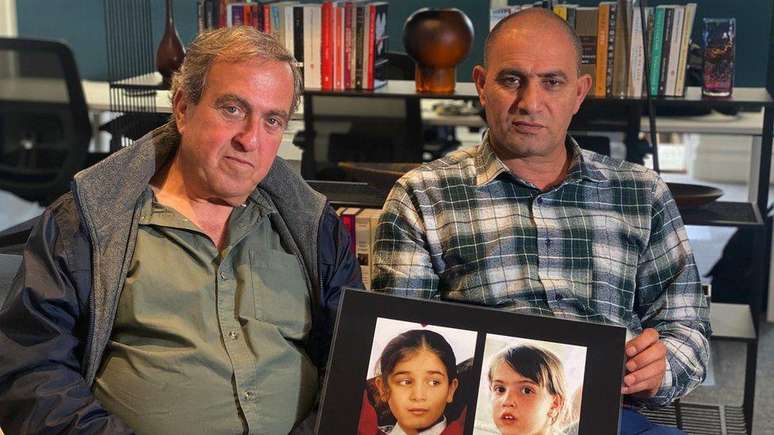
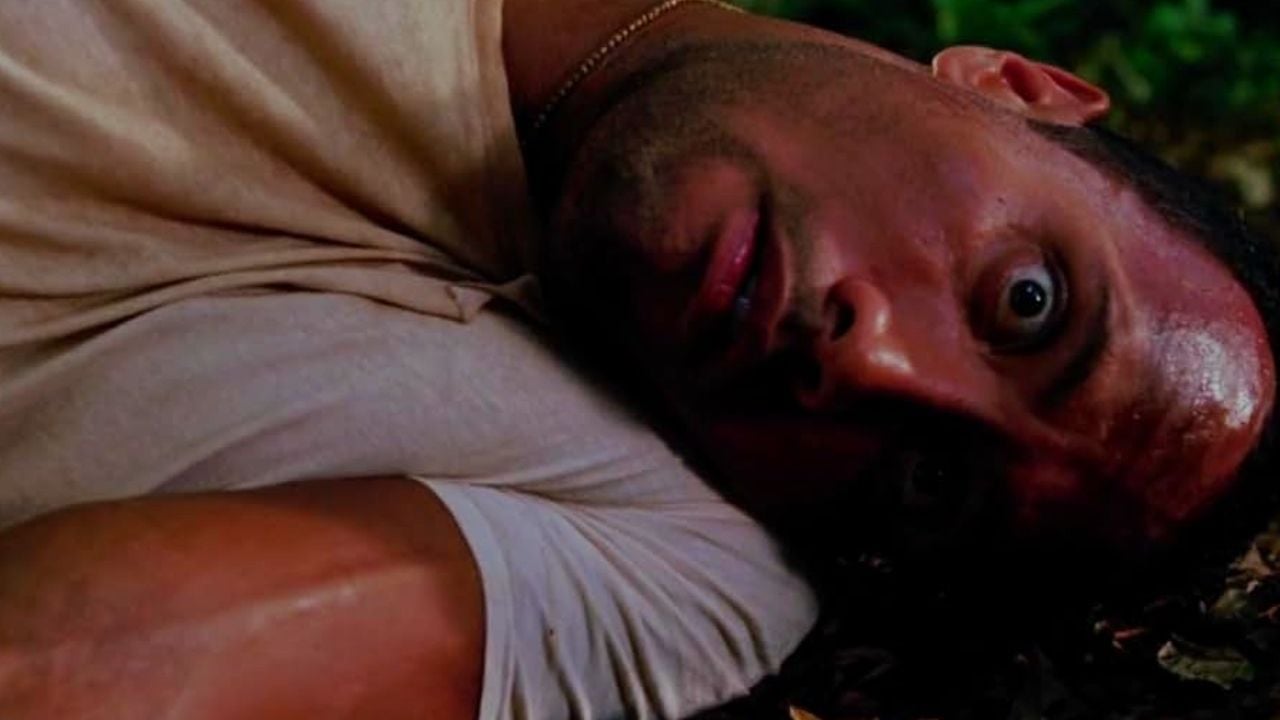

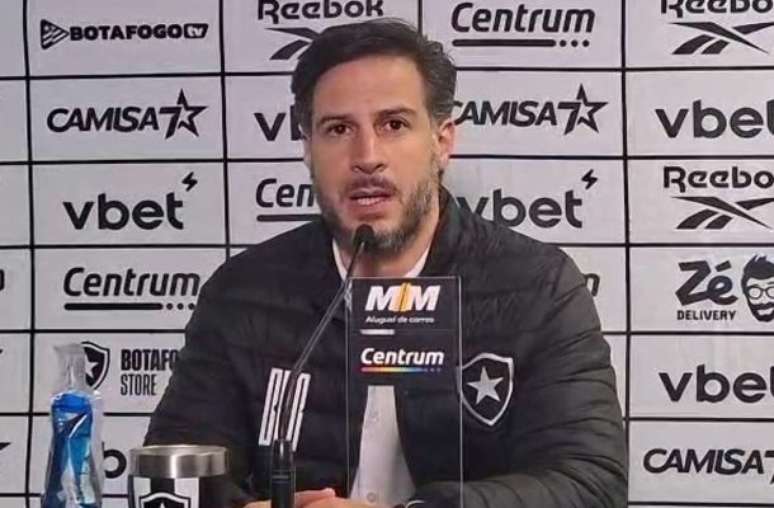
![Such an excellent sun in advance: Summary of the Episode of Thursday of September 25, 2025 [SPOILERS] Such an excellent sun in advance: Summary of the Episode of Thursday of September 25, 2025 [SPOILERS]](https://fr.web.img2.acsta.net/img/4e/9f/4e9f9aab39ed027173458c671d9f761d.jpg)
